Anatomy quick tips - HOW TO STUDY THE BACK MUSCLES
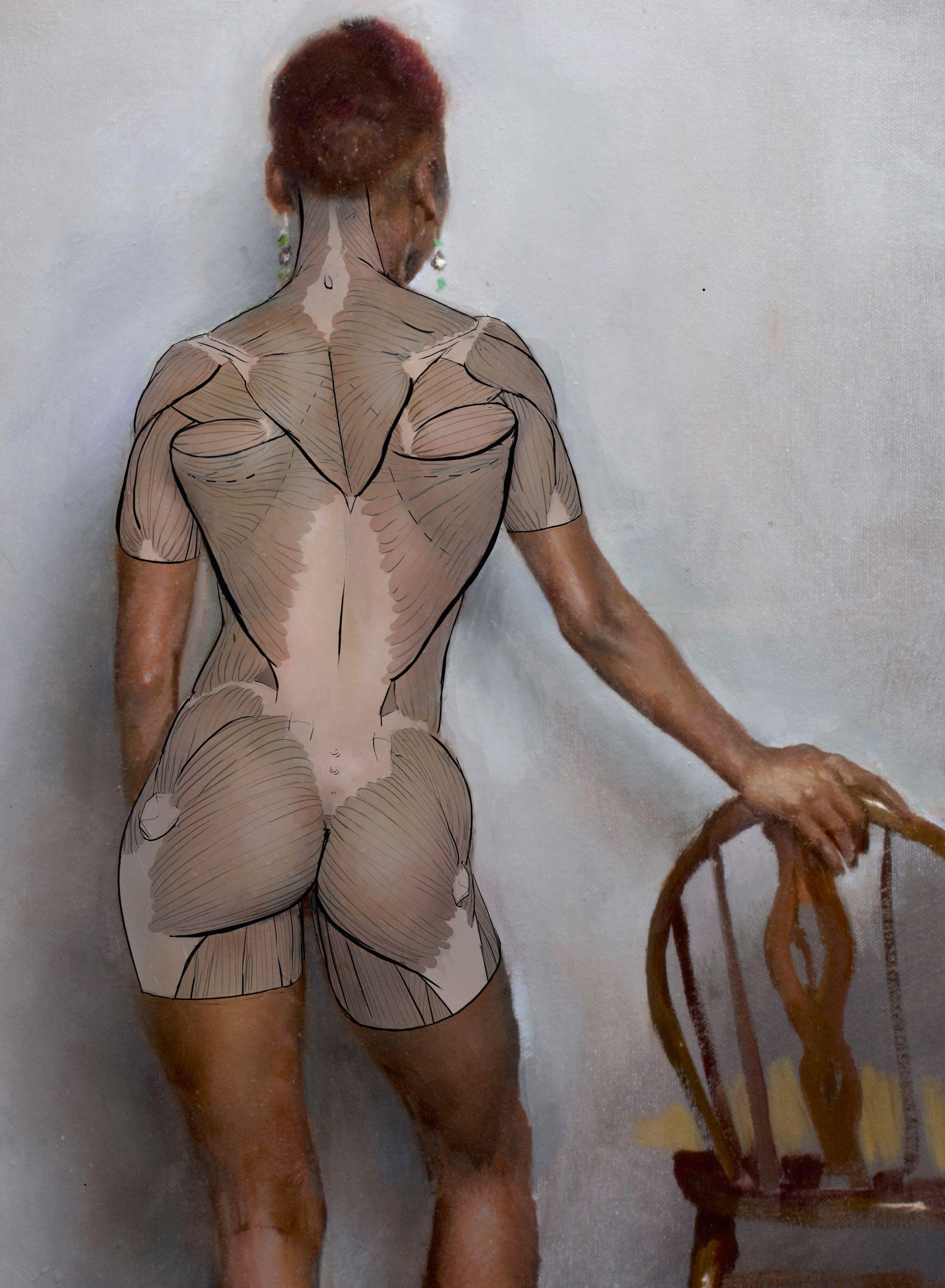
The back of the torso in figure drawing is often viewed as one of, if not the most difficult and complex area of the body to depict and learn. This is not without good reason; the back reveals and hides many of its structures depending on the body fat present in the model, the level of muscular development and even the position of the pose! At times, learning this structure can seem overwhelming to students.
However, if we take a structured approach to learning the many forms that create the back and break down the problem into easy-to-grasp, learnable chunks, we can approach it with confidence.
The first thing that will help us in this endeavour is to understand the reason for this complexity. As with all areas of the human form, the shapes of the back are created by its function. The more complex the function, the more complex the muscles required.
The main functions of the back are twofold. Firstly, it holds us upright. This is one of the special features of the human animal and it requires large, strong muscles.
The second function (and the reason for the complexity), is to allow as much movement of the arm as possible. To allow for this function, we have a free moving scapula. Meaning, unlike other joints in the human body, the scapula doesn't move within a static joint. It shifts across the ribcage, which is actually the reason for most of the movement of the arm. Try to move your arm without moving this bone and you will immediately understand its necessity. The various movements of this bone across the ribcage accounts for much of the back's complexity. The back is truly a marvel of organic engineering and the following are a few notes on the study of this beautiful form.
1 Boney landmarks
As with all of the body parts that we have looked at so far, any study of the back must begin with a fundamental understanding of the boney landmarks on its surface.
Denne historien er fra January 2023-utgaven av ImagineFX.
Start din 7-dagers gratis prøveperiode på Magzter GOLD for å få tilgang til tusenvis av utvalgte premiumhistorier og 9500+ magasiner og aviser.
Allerede abonnent ? Logg på
Denne historien er fra January 2023-utgaven av ImagineFX.
Start din 7-dagers gratis prøveperiode på Magzter GOLD for å få tilgang til tusenvis av utvalgte premiumhistorier og 9500+ magasiner og aviser.
Allerede abonnent? Logg på
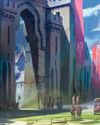
Designing Dreams
Alan Wen speaks to three concept artists about the varied and iterative processes that make up one of the most misunderstood crafts in the game industry
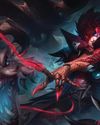
Technique focus GIVE DIRECTION WITH SHADOWS
Jenny Brozek guides the eye to her character's face with the assistance of some sharp wedges
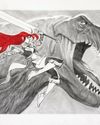
DRAW A DYNAMIC DINOSAUR
Find out how EL GUNTO improvises a T-rex from scratch, using contrast, shapes and more for a striking illustration
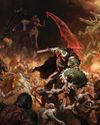
CREATE A DEMONIC VIDEO GAME COVER
Discover the process masterful battle artist Thomas Elliott followed to create an epic shot for Doom: The Dark Ages
Greg Staples
Dream space The comic artist and illustrator tells us how he planned out a studio for all occasions

LEGENDS OF THEIR LIFETIME
The creative team behind smash-hit Netflix series Arcane reveal how they pushed the show's animation even further for the second season...

Boulies MagVida
UPS AND DOWNS An electronically controlled, height-adjustable desk could bring health benefits and give your productivity a boost

Apple MacBook Air M4
HIGHLY RECOMMENDED Feather-light and punching above its weight, the latest Air makes for a stellar machine with its new chip
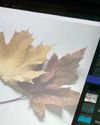
Drawing and Painting on the iPad with Procreate
TABLET MASTERCLASS Want to know everything about how to work with Procreate? Brad Colbow's course could be your answer

Lost in the mists of time
Dark matter Fantasy novel Cotswold Mist weaves myths, ghosts and beasts into the heart of the English countryside's heritage sites
